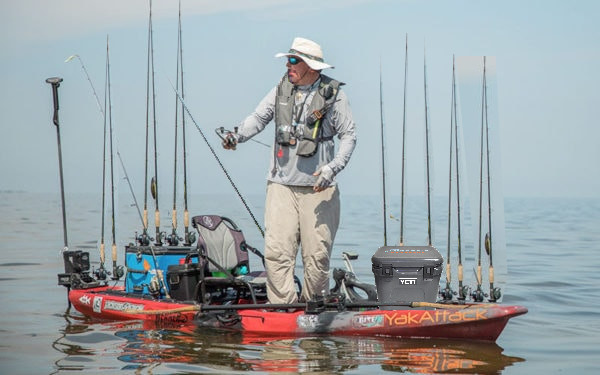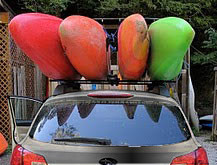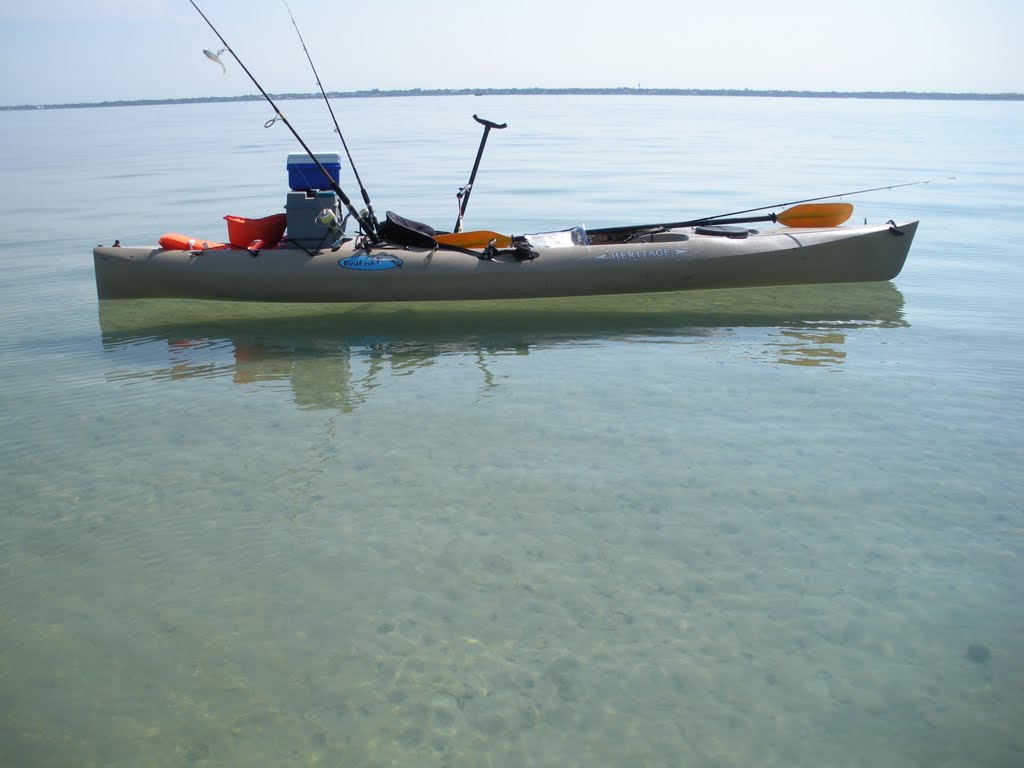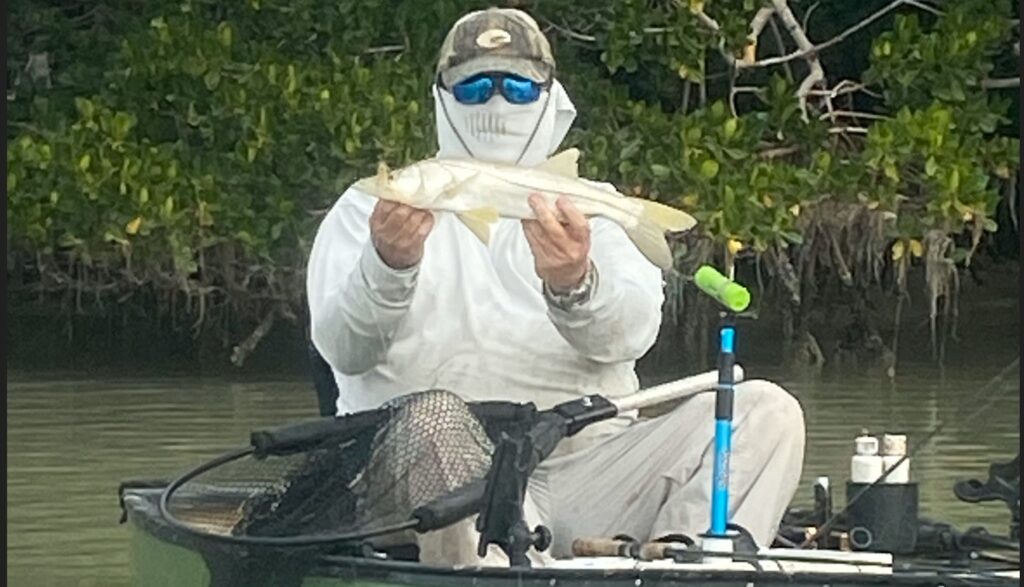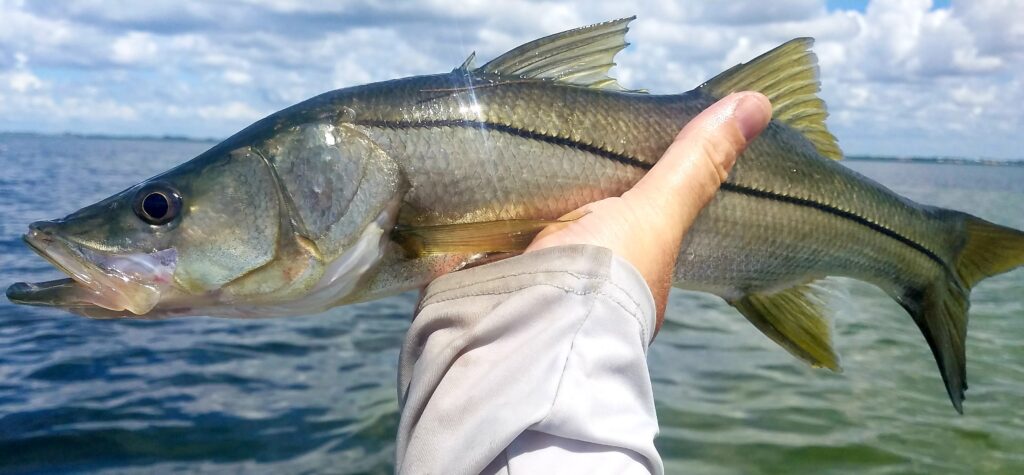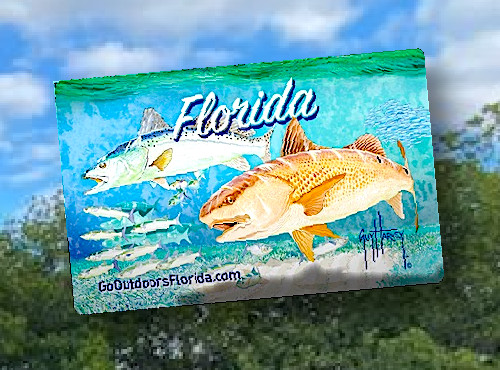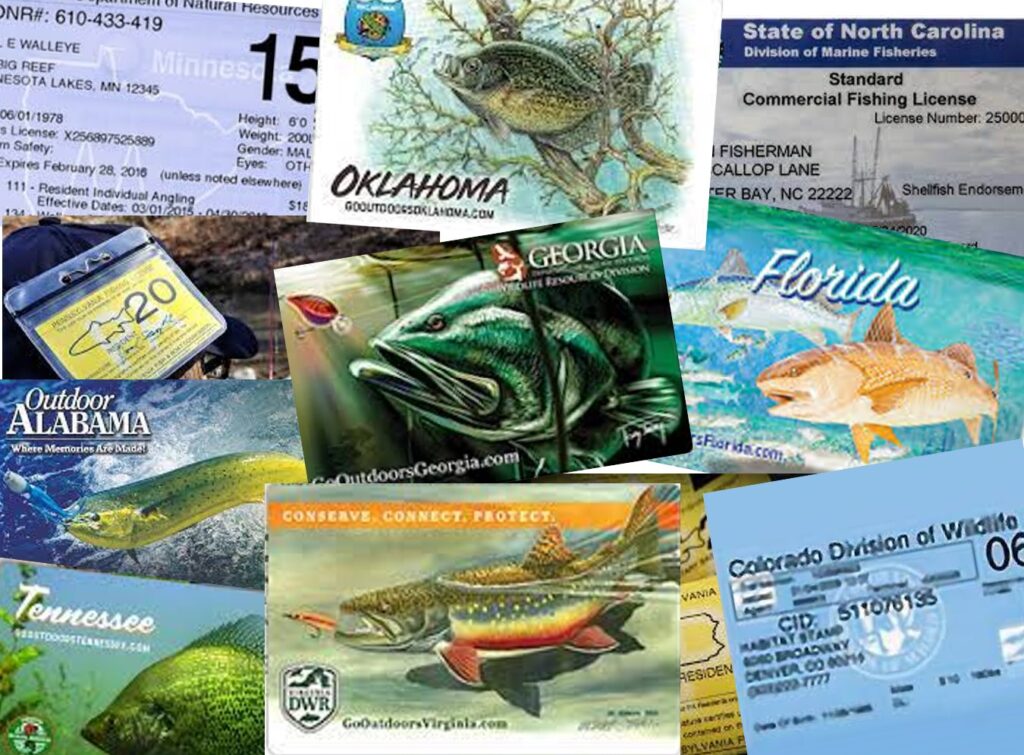
Introduction
Fishing is a favorite American pastime, but before you grab your tackle box and head to the nearest lake or river, there’s an important thing you need to sort out—your fishing license. Have you ever wondered why there’s such a variance in the cost of a fishing license from state to state? In this post, we’re going to explore exactly why how they are priced and how the money from them directly contributes to keeping fishing great across the nation.
Fishing License State-by-State Costs
Below is the cost of a basic 1-year freshwater fishing license for residents in each state*:
- Alabama: $13.85
- Alaska: $29
- Arizona: $37
- Arkansas: $10.50
- California: $52.66
- Colorado: $35.17
- Connecticut: $32
- Delaware: $11
- Florida: $17.00
- Georgia: $15
- Hawaii: Not required for freshwater
- Idaho: $30.50
- Illinois: $15
- Indiana: $17
- Iowa: $22
- Kansas: $27.50
- Kentucky: $23
- Louisiana: $9.50
- Maine: $25
- Maryland: $20.50
- Massachusetts: $27.50
- Michigan: $26
- Minnesota: $25
- Mississippi: $10
- Missouri: $12
- Montana: $31
- Nebraska: $38
- Nevada: $40
- New Hampshire: $45
- New Jersey: $22.50
- New Mexico: $25
- New York: $25
- North Carolina: $20
- North Dakota: $18
- Ohio: $25
- Oklahoma: $25
- Oregon: $44
- Pennsylvania: $22.97
- Rhode Island: $18
- South Carolina: $10
- South Dakota: $28
- Tennessee: $34
- Texas: $30
- Utah: $34
- Vermont: $28
- Virginia: $23
- Washington: $29.50
- West Virginia: $19
- Wisconsin: $20
- Wyoming: $27
Please note:
- Costs may not include any additional processing or transaction fees.
- It’s advised to check with each state’s official Department of Natural Resources or equivalent for the most accurate and current information.
- If you’re planning on writing content around this, you could consider delving into the factors that contribute to the pricing variations among states. This could include fish stock levels, state conservation efforts, and the popularity of fishing in each state, among other factors.
- (Note: You can include the full list here for better readability.)
Factors Influencing Costs
Several factors contribute to the different costs of fishing licenses among states, such as:
Fish Stock Levels
Areas with abundant and diverse fish populations often charge higher prices for fishing licenses. This can serve as a conservation strategy to control fishing pressure on local ecosystems.
State Conservation Efforts
States with aggressive conservation programs need more funding to sustain their efforts, and this is often reflected in higher fishing license fees.
Popularity of Fishing
States where fishing is highly popular may also have higher license costs. This is a classic supply-and-demand scenario: higher demand often equals higher prices.
Where Your Fishing License Money Goes
An important thing to consider is that the money from fishing licenses doesn’t just vanish into thin air. It goes back into managing fisheries, which is critical to maintaining healthy fish populations and aquatic ecosystems. Here’s how:
Research and Monitoring
Your license fees fund studies and research initiatives that monitor fish populations, habitat conditions, and overall ecosystem health.
Conservation Efforts
Money from fishing licenses directly contributes to habitat restoration projects, combating invasive species, and stocking water bodies with fish.
Educational Programs
Some of your fees also go into educational programs designed to help anglers become more responsible and knowledgeable about fishing and conservation.
Law Enforcement
The enforcement of fishing regulations is essential for effective fisheries management. Your fees help employ game wardens and other law enforcement professionals who ensure that fishing regulations are followed.
Conclusion
So, the next time you purchase a fishing license, you can feel good knowing that your money is going to a worthy cause. It’s a win-win situation: you get to enjoy your favorite pastime, and you contribute to keeping fisheries healthy and abundant for future generations. After all, buying a fishing license is a small price to pay for the invaluable experience of connecting with nature.
Keywords: Fishing License, Fish Stock, State Conservation, Fish Populations, Aquatic Ecosystems, Fisheries Management
*(as of January 2022)
Where to buy your Fishing License

